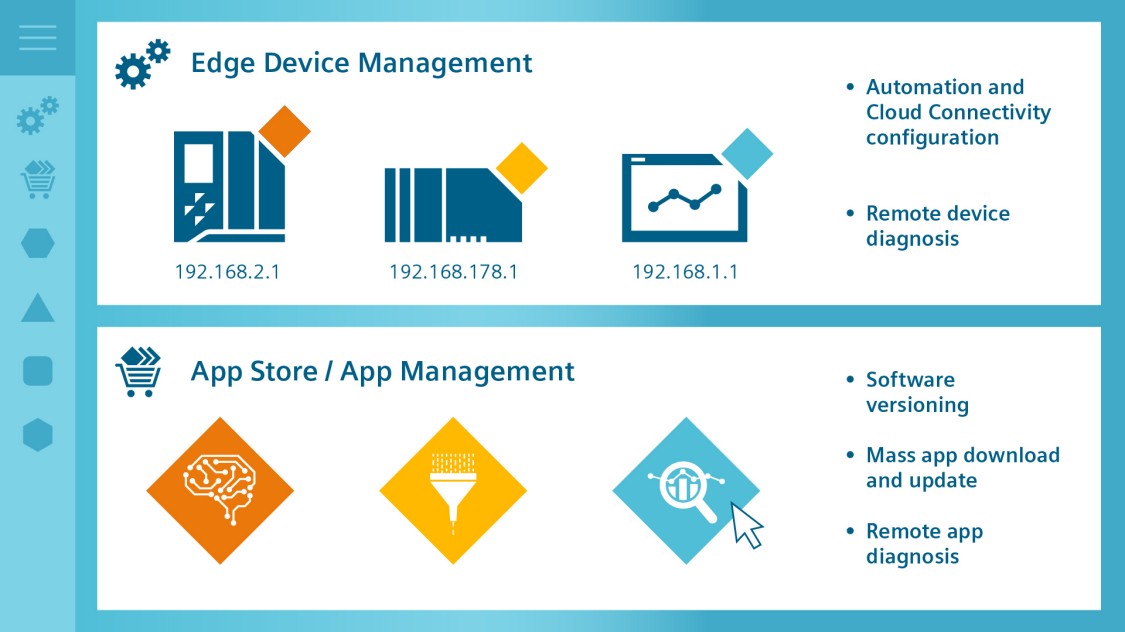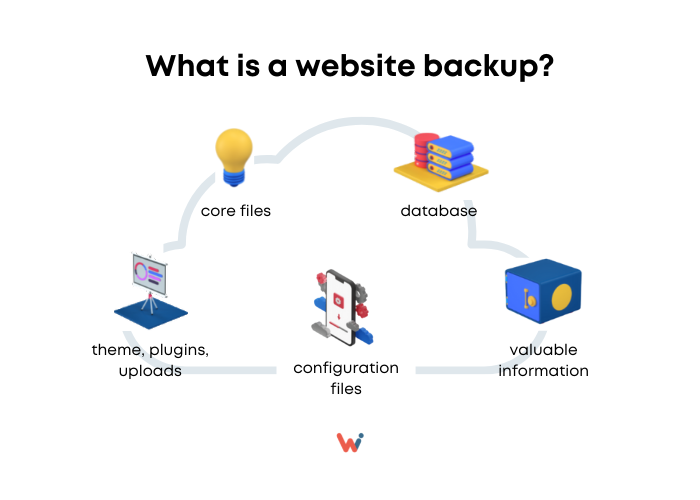
There are several types of web hosting services, each offering different features and plans. Web hosts host their servers at data centers. This means that subscribers don’t have to purchase their own servers. Web hosting users can access their websites simply by entering the URL in their web browser. The web server then converts the URL to an IP address, and it sends it back to the user. The web host is the owner of the web server, and the space is rented to subscribers.
Shared Hosting
Because multiple sites can be hosted on one server, shared hosting makes web hosting the most affordable. This type of hosting spreads the server maintenance costs across many customers making it the most cost efficient. If you have a large website you may want to buy a dedicated server.
Hosting shared is a popular choice for websites with low budgets. It is simple, inexpensive, and straightforward to host a website. However, it comes with limitations. This type hosting won't let you set up your own domain name, or email address.
Hosting for a specific purpose
A dedicated hosting provider lets a single server be leased to one client. This provides website owners with more system resources and more control. It is also better for people concerned about data security. Dedicated servers can be used for various purposes, including storing files, emails, and databases.

Dedicated hosting can be a great option for large websites and businesses. You have full control over your server and can install any software you need for your site. You can even customize the security settings to meet your needs. This type of hosting offers the highest level possible security since it does not share your server with other websites. You can adjust security settings as needed.
Managed hosting
Managed Hosting is a type web hosting in which the hosting provider takes care of the server. They take care of security and maintenance, as well as troubleshooting technical problems. It is typically more expensive than dedicated hosting but includes 24/7 IT support. Managed hosting has many benefits, and can save you a lot of money in the long run.
Managed hosting is, for one, more efficient. Instead of spending too much time fixing problems and wasting your time creating content, managed hosting lets you focus on improving the user experience. Service providers ensure server uptime and performance. It also has a control panel, which makes managing the site much easier. The control panel offers support with tools for developers. Finally, managed hosting provides powerful backups. It is easy to scale up or decrease your business according to your needs. It often takes in-house team members a long while to increase capacity.
Cloud hosting
Cloud hosting allows you to easily build a reliable and secure site. Cloud hosting allows you to scale up or down the server, unlike conventional web hosting that limits each tenant site to a certain amount of server storage. The provider will only charge for the actual resources used.
Cloud hosting allows you the flexibility to scale depending on how many visitors you have. This ensures that your website doesn't get overwhelmed. You can quickly and easily increase the resources of your site if it experiences unexpected traffic spikes. Cloud hosting providers also offer round-the clock support.

Web hosting for E-commerce
Web hosting is a special requirement for e-commerce websites. E-commerce websites often receive greater traffic than regular websites. They also require more processing power. As a result, these websites often have more requests to process, and if the servers are not powerful enough, your website can go offline. This is why you need to find a web hosting company that can fulfill your needs.
A strong security focus is important when selecting an ecommerce hosting company. Security is vital for e-commerce websites that deal with sensitive customer data. Look for web hosting providers that offer a variety of security features such as SSL encryption and HTTPS. A web host can also be PCI-compliant to ensure that they have the most current security software.
FAQ
Can I create my own website with HTML & CSS?
Yes! Yes!
You now know how to build a website structure. Now you need to learn HTML and CSS coding.
HTML stands for HyperText Markup Language. It is similar to writing a recipe. You would list ingredients, directions, etc. HTML also tells a computer what parts of text should be bolded, underlined or italicized. It's the language that documents use.
CSS stands as Cascading Stylesheets. This is a stylesheet for recipes. Instead of listing each ingredient or instruction, you will write down the general rules for font sizes and spacing.
HTML tells the browser how to format a web page; CSS tells it how to do it.
Don't worry if you don't know the meaning of either one of these terms. Follow these steps to make beautiful websites.
Are you a technical person who wants to design and build a site?
No. All you need to understand HTML and CSS. You can find tutorials online for HTML and CSS.
What is the best platform for creating a website design?
WordPress is the best platform available for building a website. It provides all the features you need to create a professional-looking site.
Themes are easy to install and customize. You can choose from thousands of free themes available online.
Plugins allow you to add functionality, such as adding social media buttons or creating contact pages.
WordPress is very easy to use. You don't even need to know HTML code in order to modify your theme files. To change your theme files, all you have to do is click on an image and select the desired changes.
There are many options, but WordPress is the best. Millions of people use it every day.
Can a strong portfolio make me more likely to get hired as web developer?
Yes. When you are applying for a job as a web developer or designer, a portfolio is crucial. Portfolios must showcase your skills and experiences.
Portfolios are usually made up of examples of past projects. These can be anything that shows off your skill set. Portfolios should contain everything, from wireframes, mockups, logos and brochures to websites, apps, and websites.
How much does it cost to create an ecommerce site?
This will depend on whether you are using a platform or a freelancer. The average eCommerce site starts at $1,000.
However, once you decide on a platform, you can expect to pay anywhere between $500 and $10,000.
A template is usually less than $5,000 if you plan to use it. This includes any customizations you may need to match your brand.
What is a responsive design web design?
Responsive Web Design (RWD) is an approach to designing websites where content displays responsively on all devices - desktop computers, laptops, tablets, smartphones, etc. This allows visitors to view the website on one device and access other features like buttons, navigation menus, etc. RWD aims to ensure that every user who views a site is able to view it on any screen size.
Consider, for instance, that you're building a website for an eCommerce company and your products are sold primarily online. It is important to ensure that your website can be accessed on any device, including a smartphone.
Responsive websites will adjust their layout according to the device that is being used. It will appear the same as a regular desktop website if you view it on your laptop. But, the page will appear differently if you view it on your phone.
This allows you to create one website that works on all devices.
Statistics
- Did you know videos can boost organic search traffic to your website by 157%? (wix.com)
- At this point, it's important to note that just because a web trend is current, it doesn't mean it's necessarily right for you.48% of people cite design as the most important factor of a website, (websitebuilderexpert.com)
- Studies show that 77% of satisfied customers will recommend your business or service to a friend after having a positive experience. (wix.com)
- It enables you to sell your music directly on your website and keep 100% of the profits. (wix.com)
- It's estimated that chatbots could reduce this by 30%. Gone are the days when chatbots were mere gimmicks – now, they're becoming ever more essential to customer-facing services. (websitebuilderexpert.com)
External Links
How To
What is website hosting?
Website hosting is the place where visitors go to visit a website. There are two types of website hosting:
-
The cheapest option is shared hosting. Your website files will reside on a server belonging to someone else. Customers visit your website and send their requests over the Internet to this server. The request is sent to the server's owner who then passes it on to you.
-
Dedicated hosting is the most expensive option. Your website will reside on a single server. Your traffic stays private as no other websites can share the same server.
Most businesses choose shared hosting because it's less expensive than dedicated hosting. The company hosting the server will provide the resources necessary to manage your website.
There are pros and disadvantages to each option. These are some of the major differences between them.
Shared Hosting Pros:
-
Lower Cost
-
Simple to Setup
-
Frequent Updates
-
It can be found at many web hosting providers
Hosting shared with others can cost as low as $10/month. However, this price typically includes bandwidth. Bandwidth refers to the amount of data you can transfer across the Internet. Even if you upload only photos to your blog you might still have to pay more for large amounts of data that you transfer through your account.
You'll soon realize why your old host cost so much once you get started. Most shared hosts don't offer any customer support. Their techs will occasionally walk you through setting up your site, but you're on your own after that.
A provider with 24-hour telephone support is a good choice. They will take care of any issues while you sleep.
Cons of dedicated hosting
-
More Expensive
-
Fewer Common
-
Requires special skills
With dedicated hosting, all you need to maintain your website are provided. You don't need to worry about bandwidth usage or RAM (random access memory).
This means you will need to spend more upfront. Once you get started with your online business, you will find that you don't require much technical support. You'll become an expert at managing your servers.
Which Is Better For My Business:
The answer depends on what kind of website you want to create. If you're selling products only, shared hosting might work best. It's very easy to setup and maintain. Because you share a server, you will most likely receive frequent updates.
If you want to create a community around a brand, dedicated hosting may be the best choice. Instead of worrying about your traffic, you can build your brand while still being able to concentrate on your business.
Bluehost.com has both. They offer unlimited data transfers per month, 24/7 support and free domain registration.